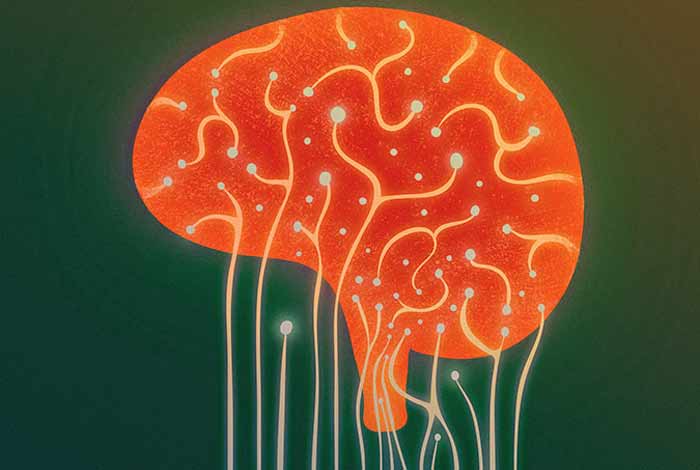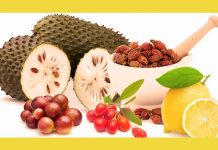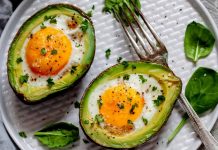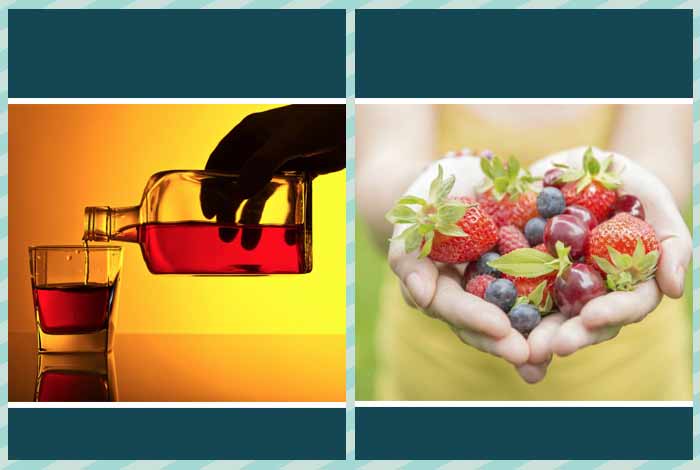
Can Nutritional Therapy Really Help People Overcome Drug Addiction?

Overcoming alcohol or drug addiction is not so easy. The success rates after treatment may vary between 20-50 percent, depending on severity of addiction. To get the best results, a number of addiction treatment centers are coming with their holistic treatment approaches. They aim at identifying and treating biochemical imbalances and studying genetic factors that contribute to alcohol cravings, depression, and anxiety, which often make treatment of addiction difficult.
The process of restoring balance in the brain and the remaining part of the body is also called ‘biochemical repair.’ Also, nutritional therapy, which uses both supplements and dietary changes, play an important role in the process.
William Billica, of the InnerBalance Health Center for drug addiction treatment in Loveland, said that if the brain is provided with the required nutrients to prevent genetic and biochemical deficiencies, blockages and inefficiencies, people undergoing addiction treatment are more likely to stay calm.
Treating Nutritional Deficiencies is Crucial for Alcohol Treatment
People undergoing alcohol treatment generally have deficiency of some nutrients, like zinc, protein, and some Vitamin B. Craig McClain, of the University of Louisville’s Alcohol Research Center, mentions that alcoholics who consume about 15 drinks in a day, get around empty 2,000 calories. So, they don’t get enough nutrition and lack some critical nutrients.
McClain also found that alcohol addicts are more likely to be deficient in zinc. This is because they don’t consume mineral- containing foods, like whole grains, meat, dairy products, and nuts. This can also happen because alcohol consumption decreases the absorption of zinc in gut and increases the loss of zinc through urine.
Zinc deficiency may lead to a reduced sense of smell and taste, poor night vision and skin sores on face. This deficiency is also linked to irritability, depression, and confusion. All these conditions may pose challenges for people having alcohol addiction.
The combined effects of zinc deficiency and too much drinking may cause a leaky gut. This prevents the gut to provide a strong barrier between the contents of the intestine and the remaining part of the body. As a result, toxins enter the liver and can worsen the alcohol-related liver disease.
Excess alcohol intake can deplete B vitamins in the body. To recommend supplementation of Vitamin B, researchers also check for genetic mutations which may hamper the ability of the body to synthesize the active form of some B vitamins, like vitamin B-6 and folate.
Deficiency of vitamin B-6 and folate can slow the production of dopamine and serotonin in brain. Those are neurotransmitters, which help manage cravings, including for sweets and alcohol.
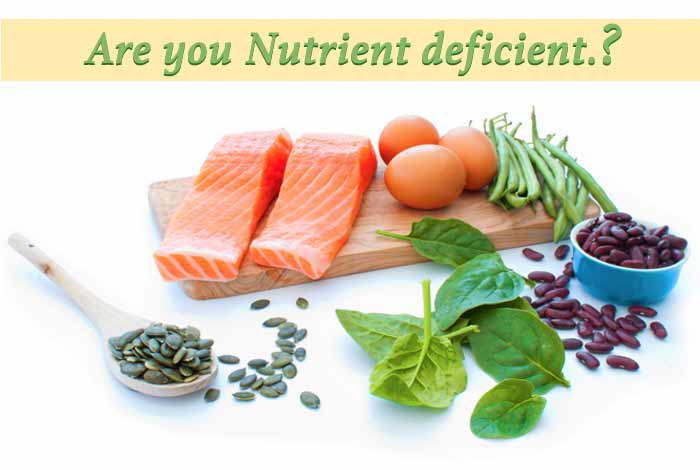
Maintaining Blood Sugar Levels Is Important for Controlling Cravings
Addiction treatment centers have observed that maintaining blood sugar levels help stay sober. About 98% of alcoholic patients reported drop in blood sugar levels during the test. When blood sugar level drops, the brain signals to raise it and increase energy levels. This can lead to cravings.
Healthy eating habits are important to maintain normal blood sugar levels and control cravings for sugar and alcohol.
Holistic treatment centers focus on foods having low Glycemic Index. They also suggest avoiding heavily processed and sugar-containing foods. Consumption of protein and healthy fat is necessary to balance carbs in diet. A well-balanced diet provides a holistic treatment approach for addiction recovery.
Holistic treatment centers pay special attention to restricting the timing and amount of caffeine, which in excess amount may lead hypoglycemia and can affect sleep. Insomnia is common in people having treatment for alcohol addiction. Sodas and other similar drinks are given in limited amounts at holistic treatment centers.
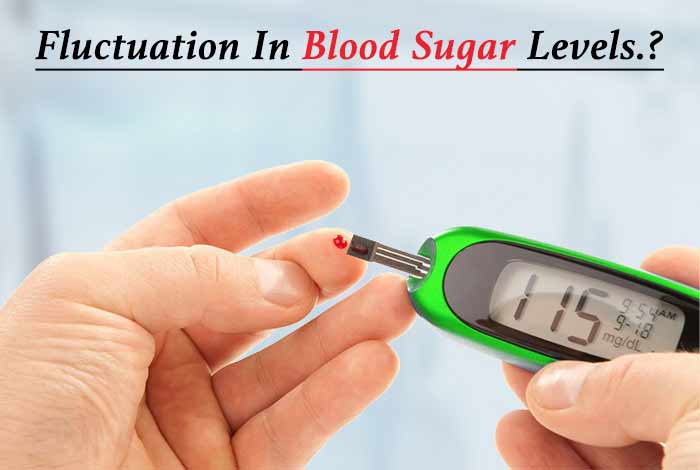
Dopamine Balance is Critical for Managing Cravings
People with alcohol addiction, consumes more sugar because it stimulates brain’s pleasure center. Sugar triggers the production of dopamine. This brings the feeling of stress relief and happiness.
If a person is prone to addiction, dopamine helps he or she feel normal. However, if a person is continually taking alcohol, it might cause reduction in the number of receptors for dopamine in brain. So, the person is not able to experience the effect of dopamine effectively. This problem increases in people having unhealthy eating habit that provides only a few of the amino acids required by the body make dopamine.
Consumption of high-protein foods help increase the number of receptors of dopamine in brain. Moreover, protein also provides the building blocks required to make dopamine. The amino acids used in the synthesis of dopamine can be found in turkey, red meats, fish, chicken, cheese, eggs, legumes, and nuts.
Not only this, yoga, meditation, exercise, acupuncture, and music therapy also help in the release of dopamine.
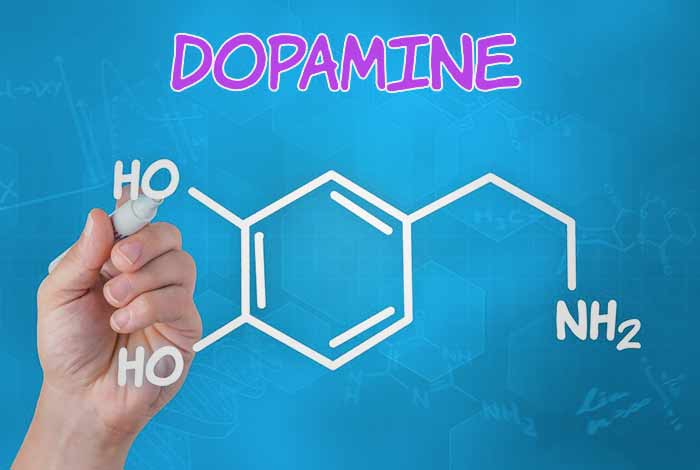
Gut Bacteria Control Your Mind, Too
Gut microbiota plays an important role in promoting human health. They can also help people with an alcohol addiction. Scientists are trying to find a link between neurotransmitters, inflammation, and the gut bacteria. It has been proved that gut microbes can influence the brain functions.
Researchers also found that people suffering from alcoholic liver disease, have altered gut microbiota, and this change can cause liver disease. It is also believed that brain inflammation in alcoholics can be linked to anxiety, cravings, and depression.
Finally, people with alcohol addiction can follow a healthy eating plan which rich in plant-based foods such as fruits, vegetables, nuts, fruits, seeds, and whole grains for the growth of beneficial bacteria.
Also, improving physical health and repairing body’s biochemistry are complementary to several traditional addiction therapies.
